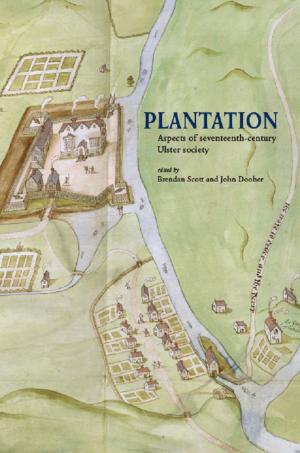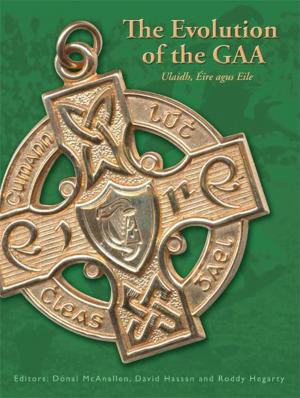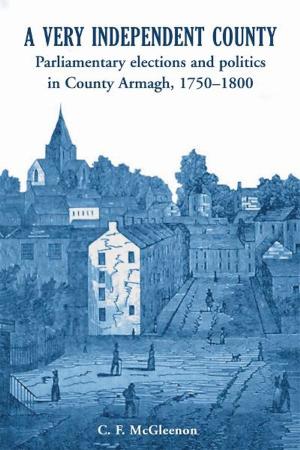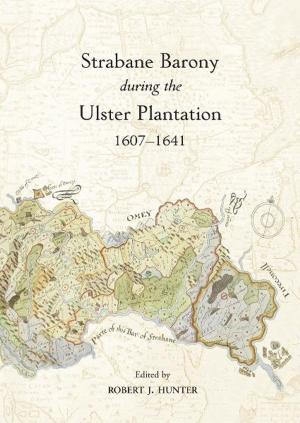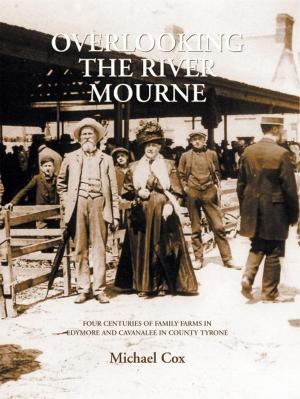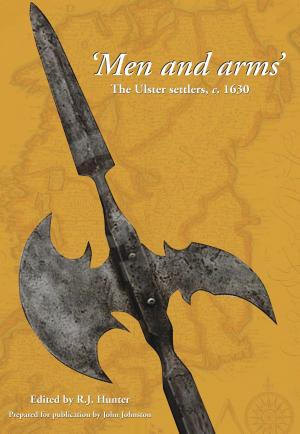The Belfast Blitz: The City in the War Years
Nonfiction, History, Ireland, Reference & Language, Reference| Author: | Brian Barton | ISBN: | 9781909556355 |
| Publisher: | Ulster Historical Foundation | Publication: | May 8, 2015 |
| Imprint: | Ulster Historical Foundation | Language: | English |
| Author: | Brian Barton |
| ISBN: | 9781909556355 |
| Publisher: | Ulster Historical Foundation |
| Publication: | May 8, 2015 |
| Imprint: | Ulster Historical Foundation |
| Language: | English |
The Second World War was a titanic struggle against totalitarianism. It involved civilian populations – in the production of ships and armaments and as victims of aerial bombardments – as never before. In this respect, Belfast played an important role. The more it became vital to the war effort the greater was the risk that it would be subjected to a blitz from the Luftwaffe. In spite of that, it remained woefully unprepared for attack. For Belfast, like Coventry, there was to be no gradual conditioning. When the Luftwaffe squadrons first struck, on Easter Tuesday night 1941, the sudden and sustained bombardments devastated the city. Equally seriously, civilian morale was shattered.
This book examines the reasons for the authorities’ lack of preparation and describes the full terror of the blitz. It also details how the raids exposed extreme poverty in Belfast. It considers the impact on social policy and on the emerging welfare state, particularly in housing provision and health care. It assesses their effect on sectarian relations within the city, on North/South relations and on the relationship between Stormont and Westminster. It can claim to be by far the most wide-ranging, comprehensive and accurate account of the Belfast blitz yet written.
Drawing on a rich range of primary and secondary sources it gets closer to the events described than any previous publication. Large numbers of people, including first-hand witnesses, were interviewed, and documentary material was assembled from some thirty archive centres – including private diaries, memoirs and correspondence, civil defence message books, Belfast City Council papers, accounts by British and American servicemen, intelligence files, meteorological records, and military war diaries and analyses.
The Second World War was a titanic struggle against totalitarianism. It involved civilian populations – in the production of ships and armaments and as victims of aerial bombardments – as never before. In this respect, Belfast played an important role. The more it became vital to the war effort the greater was the risk that it would be subjected to a blitz from the Luftwaffe. In spite of that, it remained woefully unprepared for attack. For Belfast, like Coventry, there was to be no gradual conditioning. When the Luftwaffe squadrons first struck, on Easter Tuesday night 1941, the sudden and sustained bombardments devastated the city. Equally seriously, civilian morale was shattered.
This book examines the reasons for the authorities’ lack of preparation and describes the full terror of the blitz. It also details how the raids exposed extreme poverty in Belfast. It considers the impact on social policy and on the emerging welfare state, particularly in housing provision and health care. It assesses their effect on sectarian relations within the city, on North/South relations and on the relationship between Stormont and Westminster. It can claim to be by far the most wide-ranging, comprehensive and accurate account of the Belfast blitz yet written.
Drawing on a rich range of primary and secondary sources it gets closer to the events described than any previous publication. Large numbers of people, including first-hand witnesses, were interviewed, and documentary material was assembled from some thirty archive centres – including private diaries, memoirs and correspondence, civil defence message books, Belfast City Council papers, accounts by British and American servicemen, intelligence files, meteorological records, and military war diaries and analyses.




